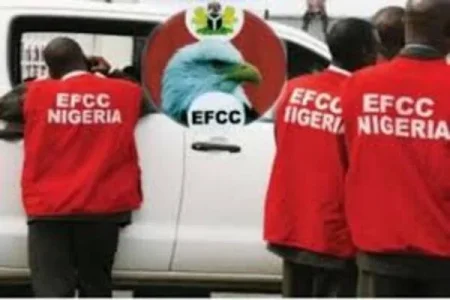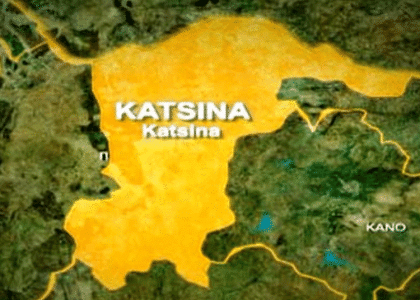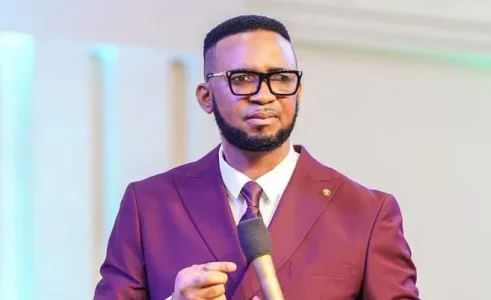
The Economic and Financial Crimes Commission (EFCC) has ignited a storm of controversy by attributing the devaluation of the Naira to the ordinary citizens' transactions in dollars, rather than addressing the extravagant spending habits of Nigerian politicians on luxury goods abroad.
The EFCC's stance, articulated through a tweet on Tuesday, drew sharp criticism from Nigerians who condemned the agency's failure to hold politicians accountable for their excessive spending in foreign currencies.
Many took to social media platform X to voice their frustration, highlighting the hypocrisy of targeting ordinary citizens while turning a blind eye to the opulent lifestyles of the political elite.
@Treovie on X pointed out the need for politicians to lead by example, urging them to keep their assets in Naira before expecting the same from ordinary citizens.
Meanwhile, @Oluwakaystone28 questioned the EFCC's priorities, emphasizing the stark contrast between the lavish spending of politicians and the struggles of everyday Nigerians.
The EFCC's campaign to promote the Naira comes amidst widespread economic hardship, exacerbated by the conspicuous consumption of politicians who spare no expense on luxury goods and overseas trips.
President Bola Tinubu's recent trip to Qatar with his sons, funded by taxpayers' money, sparked public outrage, while Nigerian senators faced backlash for their extravagant purchase of 2023 model Toyota Landcruisers.
Notable among the spendthrift politicians is Mr. Sanwo-Olu, the governor of Lagos State, who was sighted at a lavish birthday celebration in Grenada. Reports suggest that the governor spared no expense, indulging in private jets, luxury hotels, and extravagant entertainment.
Despite the mounting allegations, Sanwo-Olu's office remained tight-lipped, issuing a statement solely focused on his meeting with the prime minister of Grenada.
As Nigerians grapple with economic uncertainty, the EFCC's reluctance to hold politicians accountable for their lavish spending raises questions about the agency's integrity and commitment to combating corruption.
With public trust in government institutions at an all-time low, the onus falls on the EFCC to address the root causes of Nigeria's economic woes and ensure equal accountability for all, regardless of status or political affiliation.




